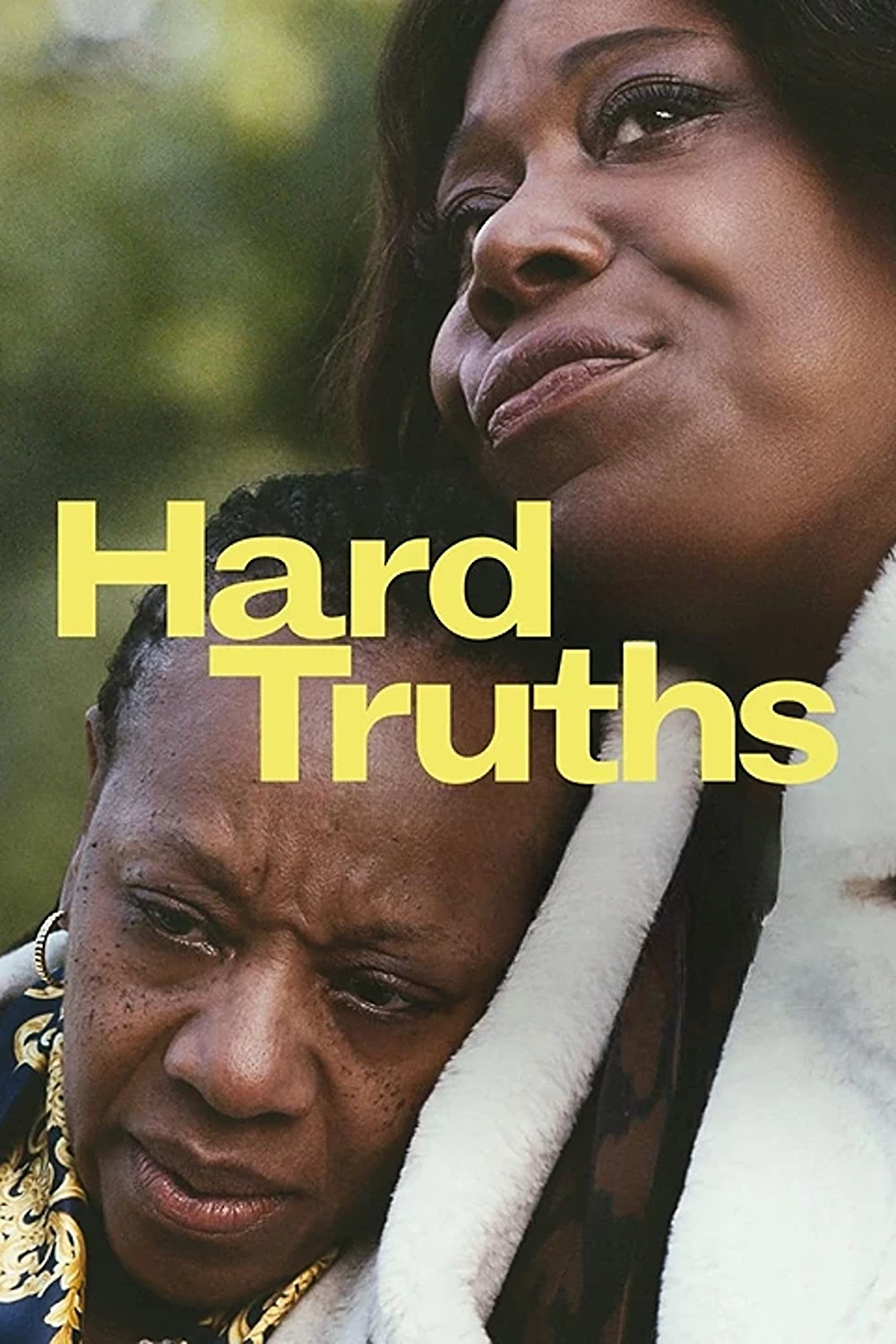The true heroine of the story is Chantelle (who could've been a character out of a Chekhov story), the sister of the main anti-heroine Pansy, who is the positive focal point of the family in this film. While Pansy's husband and son feel like prisoners (though the feeling is mutual on her part), Chantelle's daughters are way more positive in how they deal with life—even when things don't go their way. Chantelle is the one person who does not actively avoid Pansy despite getting treated the same (or even worst than) everyone else by her. It seems their mother Pearl played a big part in how each sister saw the world.
Marianne Jean-Baptiste acted the hell out of the lead role of Pansy! She was a human volcano either about to erupt or actively erupting on screen. Michele Austin got the easier assignment of playing the one normal human in the cast. I can't believe this is my first Mike Leigh movie as I swore I watched something else by him.
At the end, I can at least say that Pansy's son Moses got a happy ending if no one else did.





